Classics to spare
An annotated reading of the books I finished in March 2025.
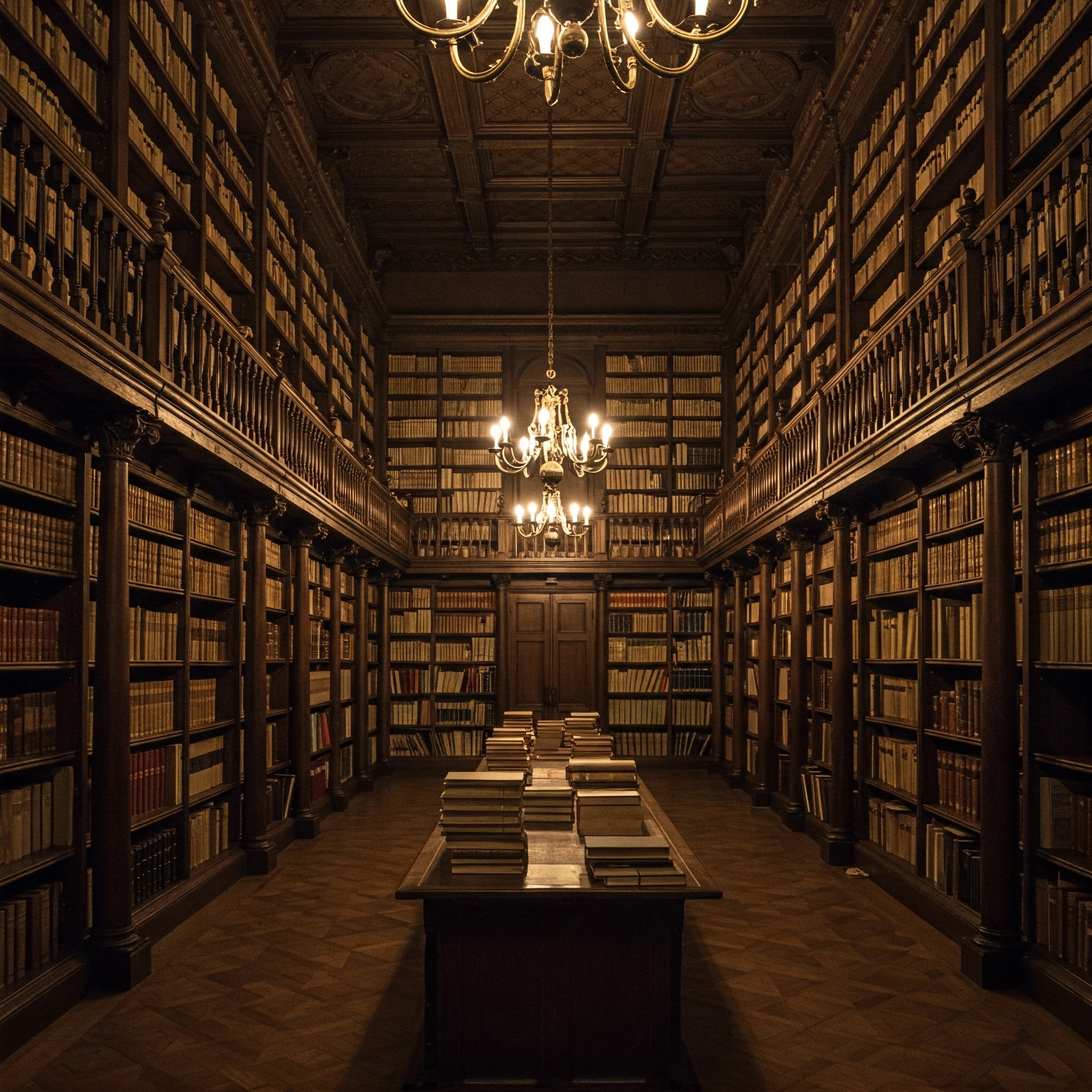
For March 2025, most of my reading list focused on nonfiction, but that may change in the near future.
Books Read in March 2025
- The Stranger
- The Hidden Life of Trees
- The Four Agreements
- The Hero’s Journey
- Abundance
- The Coddling of the American Mind
20th century classic
The first half of The Stranger by Albert Camus read to me like an autobiography of a working class French professional struggling to grasp a strong sense of meaning and resolve in their life. The second half of The Stranger took a bizarre turn into public psychopathologizing and group think, highlighting for readers the absurdity of the public’s desire to assume moral superiority over the inner workings the protagonist’s mind. It’s hard to imagine a 20th century novel with as much of an existential twist as the one developed in this book.
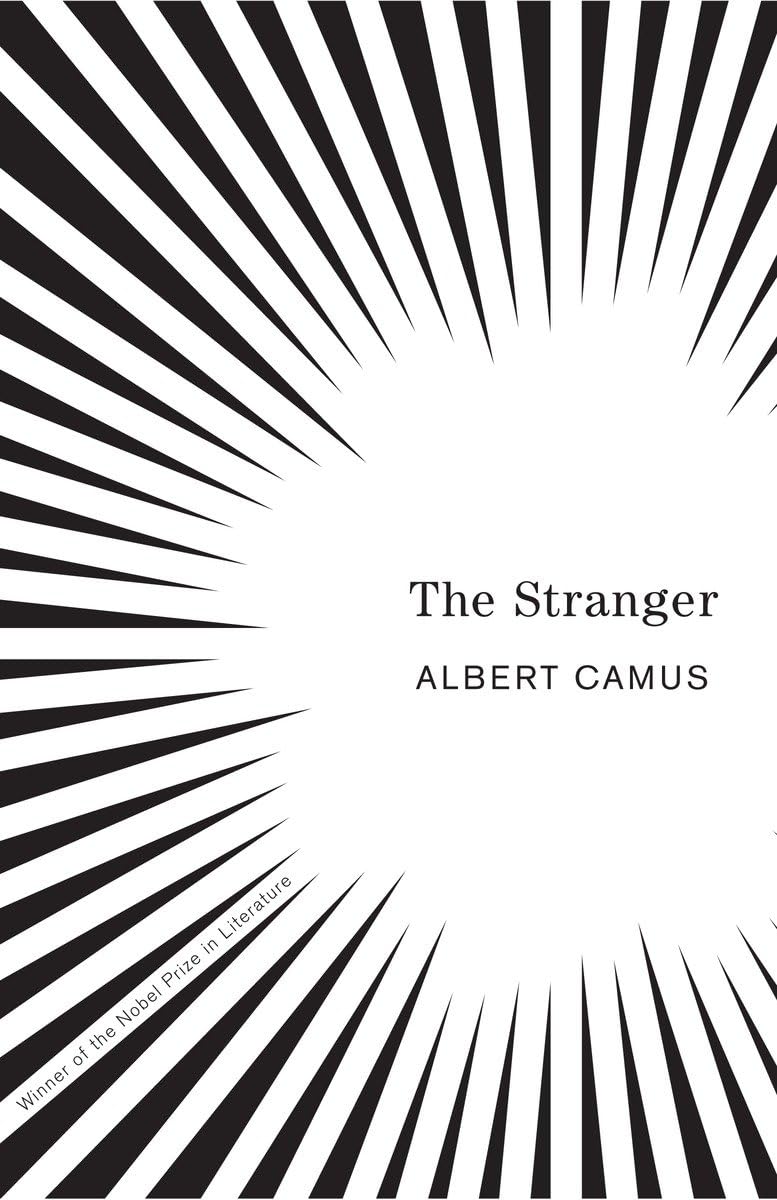
Delightful, clever, and abundant
I happened upon this book based on an algo’s recommendation, and goodness, did it not disappoint. At first, I was worried it would read like a dry version of a Planet Earth documentary. Fortunately, the author (Peter Wohlleben) of The Hidden Life of Trees: What They Feel, How They Communicate knows how to ground readers in relation to the world around them. Learning how trees care for each other in parent-child and neighor-neighbor relationships reveals that seemingly simple plants in our everyday surroundings communicate with each other and other (e.g., fungal) species intricately and meticulously to maintain the ecological balance of a habitat.
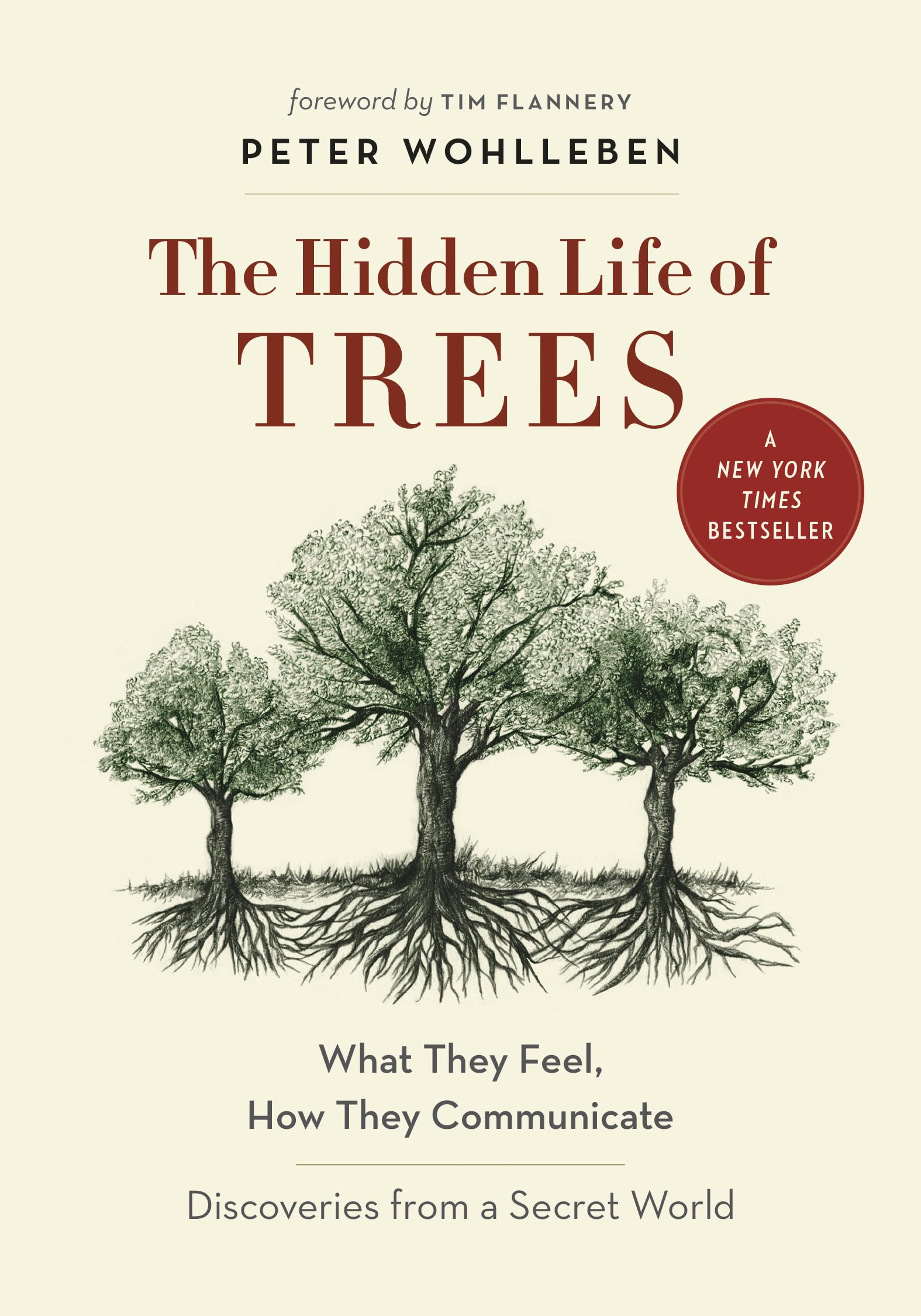
Toltec wisdom
Don Miguel Ruiz is the first voice of Toltec wisdom I’ve encountered. Rooted in presence, humility, and introspection, Ruiz opens the door for readers to explore the inner world of the ego, what it’s afraid of, and what it needs most to feel “OK”. This journey of the ego passes through four key ideas presented in The Four Agreements: A Practical Guide to Personal Freedom: the importance of (1) being impeccable with our word, (2) not taking things personally, (3) not making assumptions, and (4) always doing our best. Presenting the ideas in this order allows readers to observe a natural “stacking” of their successive complementarity, and enables us to access more of an “integrated self” in the process (to use IFS lingo).
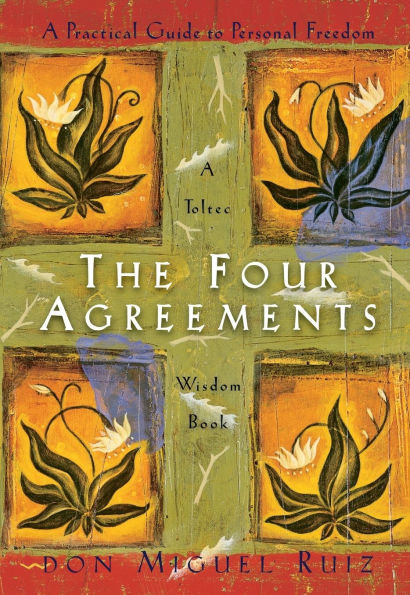
The inspiration of inspirations
I’m disappointed it took me this long to discover Joseph Campbell’s work. The Hero’s Journey: Joseph Campbell on His Life and Work paints a picture of a man enthralled in the literature of myths and stories, seeking to find commonalities between them as a way to unify human experiences and cultural themes. Although Campbell wasn’t well known until the 1980s, since then, many popular figures in literature and storytelling today, such as George Lucas, have credited Campbell’s writings with inspiring a new generation of artists and creatives to rediscover and reinterpret what a hero’s journey should look like today.
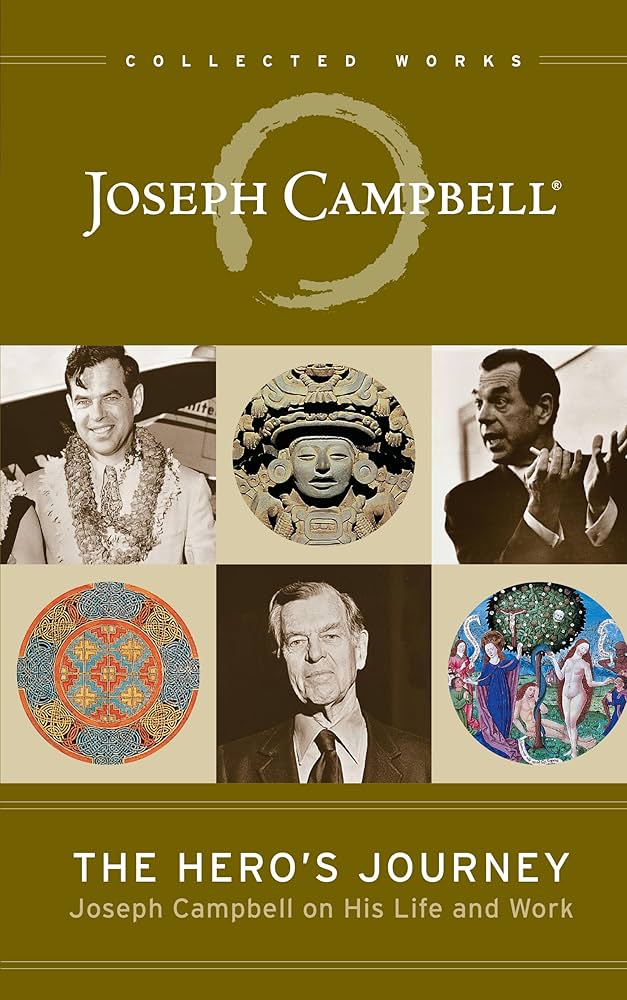
Building an expansive future
Abundance, as a recent book, offers a future-focused critique of modern political systems by acknowledging the past and present realities of everyday Americans. In other words, the authors present an optimistic vision of what the future may look like for all Americans if we are intentional with how we structure society’s housing policies, immigration processes, and education opportunities. Relevant and generous to most political idealogies, Abundance describes how we might build a forward-seeking future without sacrificing our modern modalities of living and enjoying life.

Why we no longer explore ideas well
In The Coddling of the American Mind, Greg Lukianoff and Jonathan Haidt sparked an ongoing societal conversation about the role of discourse and debate of ideas in higher education. The book highlights how, over the last decade, American colleges and universities have increasingly promoted a “fragile student” philosophy when organizing courses and discussions on campus. With an “antifragile student” philosophy, however, Lukianoff and Haidt argue that students will be better prepared to face the complexities of the modern world and future technological advancements, by equipping them with the skills necessary to mediate idealogical disagreements with composure and compassion.
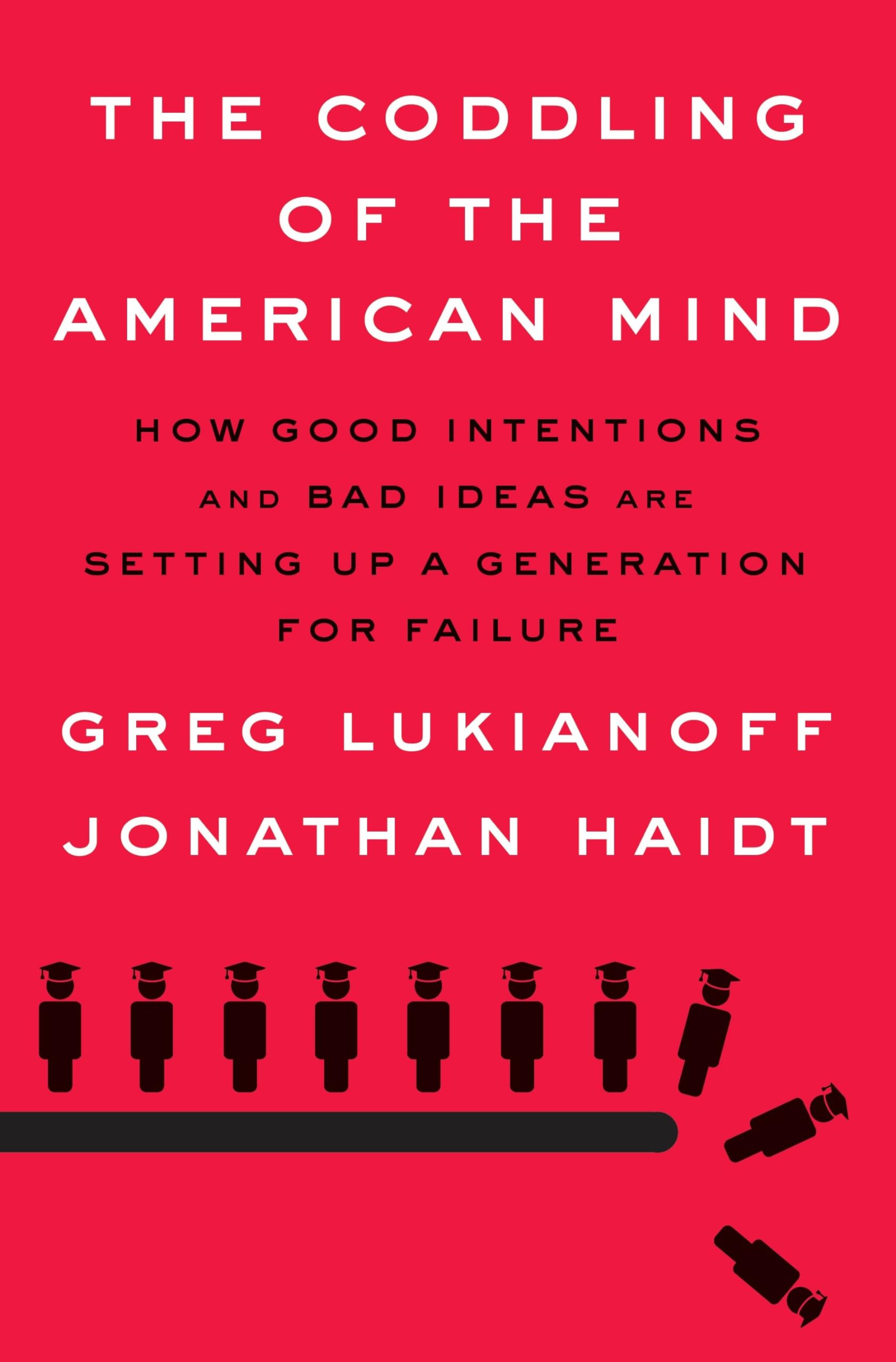
Alex